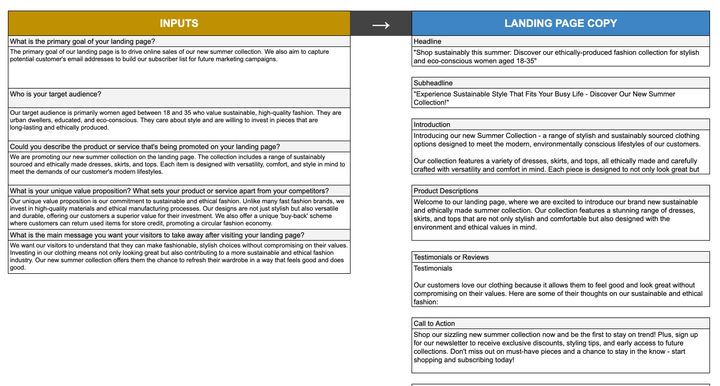How to write a strong CRO hypothesis?

Hypothesis plays an essential role in CRO as it helps in testing and validating the features that boost conversion.
In executing your CRO strategies, you know that hypothesis is the very first step. Different customers have different motivations for coming to your site. Thus, it makes sense that a customer's actions on your website will differ based on their motivation, and knowing what they're motivated by will help you craft better triggers to get them doing what you want.
How to formulate a hypothesis?
We've recognized an issue and come up with potential methods for resolving it.
"At the top of the website, it's not clear what the product is or what's being sold," the fault was identified. "What people don't comprehend, they don't buy."
"Let's increase the clarity of our product text, so it's easier to comprehend what the product is about, who it's for, and its benefits," the proposed remedy says. Let's employ superior photographs in our product photography."
"By improving the clarity of the product copy and general presentation, customers will be able to grasp our offering better, and we will increase the number of purchases," the hypothesis goes.
The point is that we are aware of the situation.
- The problem we're trying to solve
- The solution
- The measure we're trying to improve
"Changing [recognized problem(s)] into [offered solutions] will result in [desired outcome]," is a simple formula to utilize. You don't have to utilize the identical sentence structure, but you should include a description of the problem, a solution, and what you intend to change in your statement.
All hypotheses should be based on the findings of conversion research, which includes heuristic analysis, qualitative research, and quantitative research.
Here is the basic formula of the hypothesis we'll walk through in this article:
Changing [identified problem(s)] into [proposed solutions] will result in [desired outcome].
Problem
The most important aspect of experience optimization is issue solving. Begin by creating a hypothesis relevant to the visitor: a flaw in the customer experience that you'd like to address.
Have you done any site or app analytics to ensure that users are experiencing this issue? Have you carried out usability testing to verify the users' difficulties? Have you performed surveys to learn about their problems?
Put yourself in the shoes of the guests. What words would you use to characterize this problem? The answer is contingent on your intended audience. Listen to how others talk about a topic to get a sense of their vocabulary and terminology.
Solution
The author should describe the solution, and readers will be able to tell what kind of change occurred without looking at screenshots. Next, the author should explain why this solution is appropriate for resolving the problem.
Result
Make sure you're using the metric that accurately depicts the situation. Make sure you understand what success means to you.
Why having a strong hypothesis is critical?
You're unlikely to receive relevant results if you execute an A/B test without first formulating hypotheses, and it will be beneficial to you.
- The more clearly you understand your objectives, the easier it will be to devise a strategy to achieve them.
- Improving communication with your coworkers, clients, or stakeholders will aid in advancing your creative process.
- Make confident you're employing Customer Theory rather than depending just on your assumptions.
The method will be less effective if you start A vs. B before you expect to learn anything or if you finish before you know for sure which one worked better.







